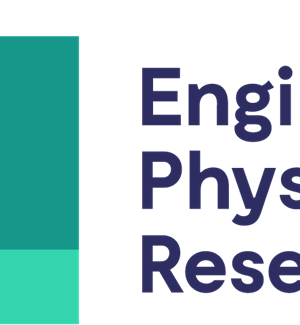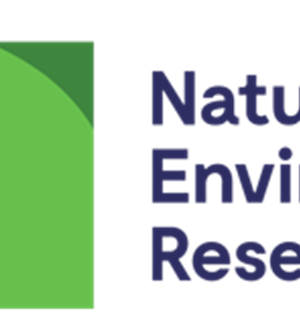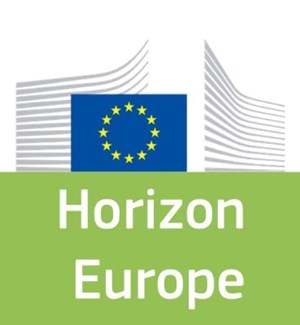- Centre Technique Industriel de la Plasturgie et des Composites - France,
- Acondicionamiento Tarrasense Associacion - Spain,
- Universite Grenoble Alpes - France,
- Basf Se - Germany,
- Asociacion Espanola de Normalizacion - Spain,
- Fraunhofer-Gesellschaft zur Förderung der angewandten Forschung e. V. - Germany,
- Fundacion Cidetec - Spain,
- Indresmat Sl - Spain,
- Geonardo Environmental Technologies Ltd - Hungary,
- Rijksinstituut Voor Volksgezondheid En Milieu - Netherlands,
- Wipak Gryspeert Sas - France,
- Waste Free Oceans Europe - Belgium
Plastic waste outlive us on this planet as they take centuries to break down. Endocrine disruption, land, air and water pollution are only some of the adverse effects of plastic waste on public and environmental health. Still, 70% of plastic waste collected in Europe is landfilled or incinerated. The overall objective of SURPASS project is to lead by example the transition towards more Safe, Sustainable and Recyclable by Design (SSRbD) polymeric materials. The SURPASS consortium of 14 partners consisting of research and technology organizations and industries will: 1. Develop SSRbD alternatives with no potentially hazardous additives through industrially relevant case-studies (TRL3-5) targeting the three sectors representing 70% of the European plastic demand: - Building: bio-sourced polyurethane resins with enhanced vitrimer properties to replace insulating PVC for window frames (? 40% C-Footprint reduction) - Transport: lightweight, therefore less energy-consuming epoxy-vitrimer (? 30% C-Footprint reduction), as alternative to metal for the train structure, anticipating emerging use of non-recyclable composites. - Packaging: MultiNanoLayered films involving no compatibilizers to replace currently non-recyclable multi-layers films (? 60% C-Footprint reduction). 2. Optimize reprocessing technologies adapted to the new SSRbD systems to support achievement of ambitious recyclability targets. 3. Develop a scoring-based assessment that will guide material designers, formulators and recyclers to design SSRbD polymeric materials, operating over the plastics entire life cycle, including hazard, health, environmental and economic assessment. 4. Merge all data and relevant methodologies in a digital infrastructure, offering an open-access user-friendly interface for innovators. SURPASS will in particular address its results to SMEs, representing more than 99% of enterprises, and therefore has an outstanding potential to contribute to the transition towards green economy.
Want to analyze based on this project via our analysis tool? Analyze this project
Knowledge Gaps
Degradation
Chronic or long-term effects, multiple forms and/or sources
Commercial-related uncertainties
Environmental fate and behavior of plastic
Biological processes and biotic interactions with plastic




